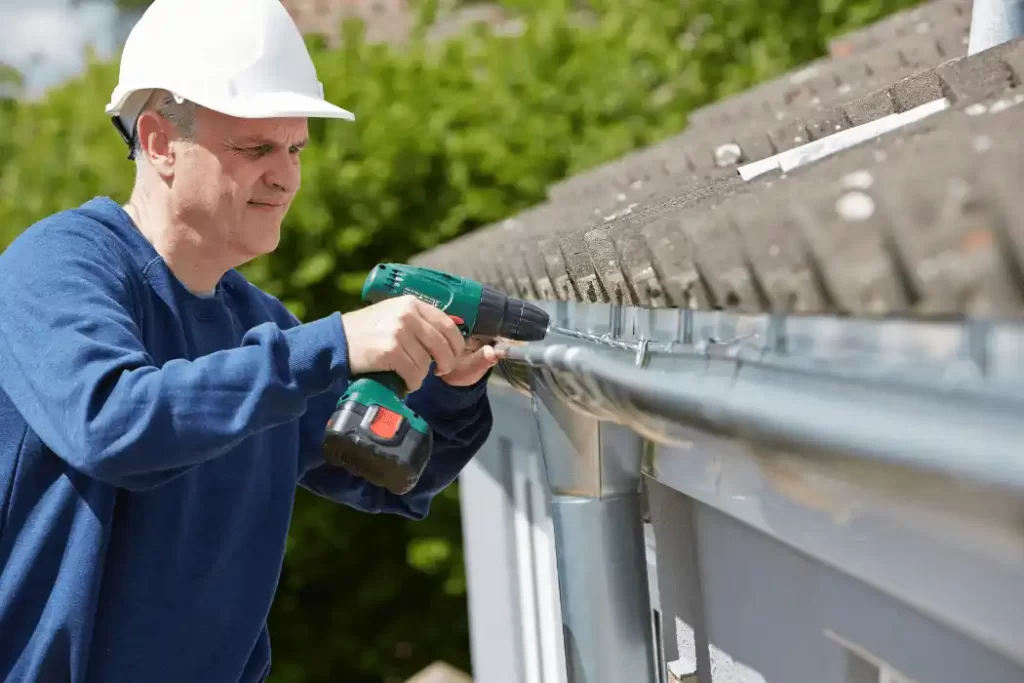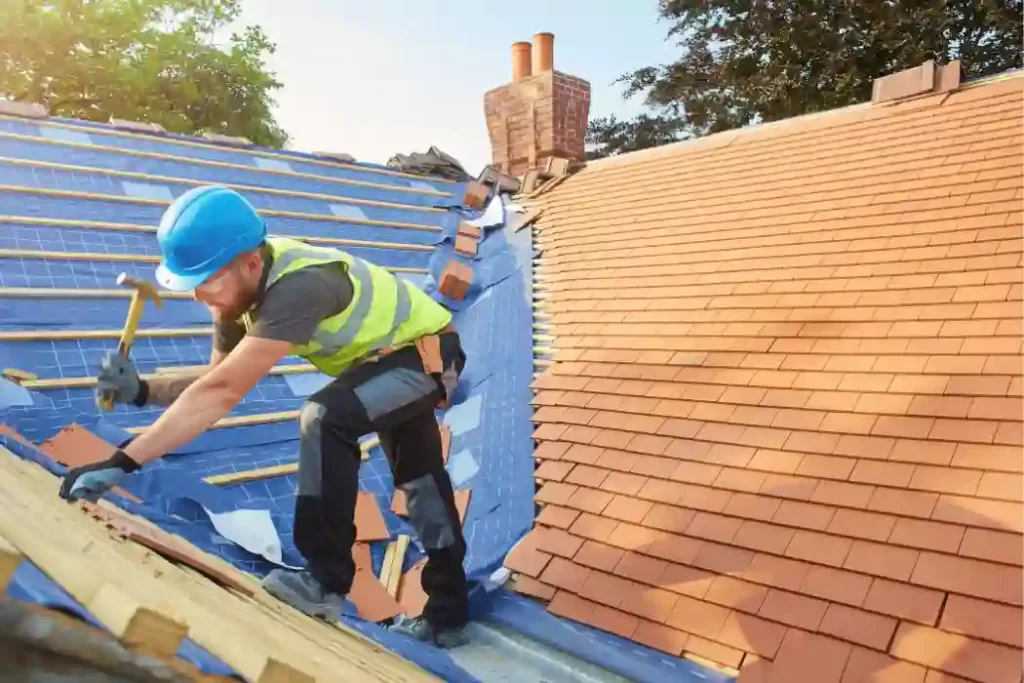As a leading SEO and high-end copywriter, we understand the importance of creating high-quality, comprehensive content that not only engages readers but also ranks well on search engines. When it comes to replacing your roof, it’s crucial to have all the necessary information at your fingertips before making any decisions. In this article, we will provide you with an in-depth guide on everything you need to know before replacing your roofing, from understanding the signs of a failing roofing to selecting the right materials and hiring a reputable contractor. Let’s dive in!
Signs of a Failing Roof:
The first step in deciding whether to replace your roof is to determine if it’s showing signs of failure. Some common signs to look out for include:
- Leaks: If you notice water stains on your ceiling or walls, it could be a sign of a leaky roof. Leaks can lead to further damage if not addressed promptly and may require a complete roof replacement.
- Missing or Damaged Shingles: Shingles that are cracked, curling, or missing altogether can leave your roof vulnerable to water infiltration and other forms of damage. If you notice any of these issues, it may be time for a roof replacement.
- Age: The age of your roof is an essential factor to consider. Most roofs have a lifespan of 20-25 years, depending on the material used. If your roof is approaching or has exceeded its expected lifespan, it’s time to start considering a replacement.
- Sagging: If you notice any areas of your roof sagging or drooping, it’s a clear indication of structural damage. Roof replacement may be necessary to prevent further damage to your home.
Find out more home renovation tips here.

Choosing the Right Roofing Material:
Once you’ve determined that your roof needs replacement, the next step is to select the right roofing material. There are various options available, each with its unique advantages and disadvantages. Here are some popular choices:
- Asphalt Shingles: Asphalt shingles are the most commonly used roofing material due to their affordability and versatility. They are available in a wide range of colors and styles and are relatively easy to install. However, they have a shorter lifespan compared to other materials, typically lasting 15-20 years.
- Metal Roofing: Metal roofing is gaining popularity due to its durability and energy efficiency. Metal roofs can last 40-70 years and are resistant to fire, insects, and rot. They are also recyclable, making them an eco-friendly choice. However, metal roofs can be more expensive upfront compared to other materials.
- Wood Shingles/Shakes: Wood shingles and shakes offer a natural and traditional look to a roof. They are typically made from cedar or redwood and can last 25-30 years with proper maintenance. However, they require regular maintenance, such as sealing and staining, and are susceptible to rot, insects, and fire.
- Slate Roofing: Slate roofing is known for its beauty, durability, and longevity. Slate roofs can last 50-100 years or more and are resistant to fire, insects, and rot. However, they are also one of the most expensive roofing materials and require specialized installation due to their weight.
- Tile Roofing: Tile roofing is popular in warmer climates and offers a unique and aesthetic appeal to a home. Tile roofs can last 50-100 years and are resistant to fire, insects, and rot. However, they are heavy and may require additional structural support, and the cost of installation can be higher compared to other materials.
Hiring a Reputable Roofing Contractor:
Selecting the right roofing material is just one piece of the puzzle; hiring a reputable roofing contractor is equally crucial for a successful roof replacement project. Here are some tips for finding and hiring a reputable roofing contractor:
- Research and Get Recommendations: Look for local roofing contractors with a good reputation in your area. Ask for recommendations from friends, family, or neighbors who have recently had their roofs replaced. You can also check online reviews and ratings to gauge their reputation.
- Check Credentials: Verify that the roofing contractor is licensed, bonded, and insured. A reputable contractor will have the necessary credentials to legally operate in your area and protect you from liability in case of accidents or damages during the project.
- Get Multiple Quotes: Obtain quotes from several roofing contractors to compare prices, materials, and warranties. Be cautious of extremely low quotes, as they may indicate poor quality materials or workmanship.
- Ask for References: Ask the roofing contractor for references from previous customers. Contact these references to inquire about their experience with the contractor, the quality of work, and their overall satisfaction.
- Review Contracts and Warranties: Carefully review the contract and warranty provided by the roofing contractor. Make sure it includes details such as the scope of work, materials used, payment terms, timeline, and any warranties on materials or workmanship.
- Communication and Professionalism: Evaluate the communication and professionalism of the roofing contractor. A reputable contractor will be responsive, provide clear explanations, and address any concerns or questions you may have.
- Avoid Storm Chasers: Beware of storm chasers, who are unscrupulous contractors that prey on homeowners after severe weather events. They may offer quick repairs or low-cost services but often provide subpar workmanship or disappear after taking your money.
Conclusion:
Replacing your roof is a significant investment, and it’s crucial to approach it with careful consideration and research. Understanding the signs of a failing roof, selecting the right roofing material, and hiring a reputable roofing contractor are essential steps to ensure a successful roof replacement project. By following these guidelines, you can make informed decisions and have confidence in the durability and longevity of your new roof. Remember to always prioritize quality and professionalism to protect your home and investment.

